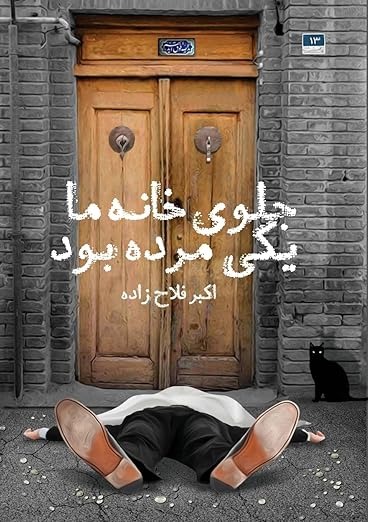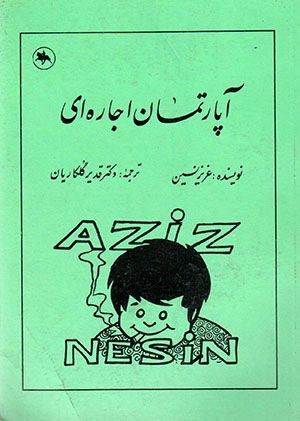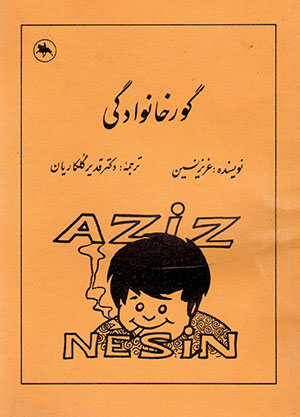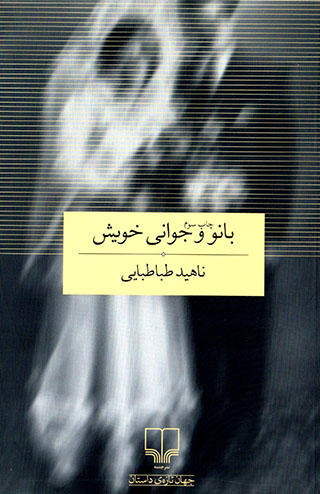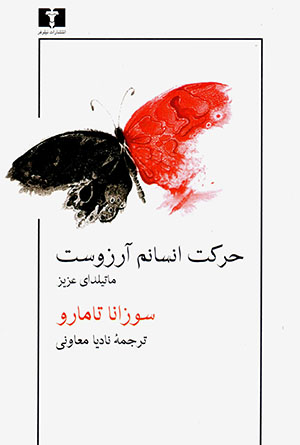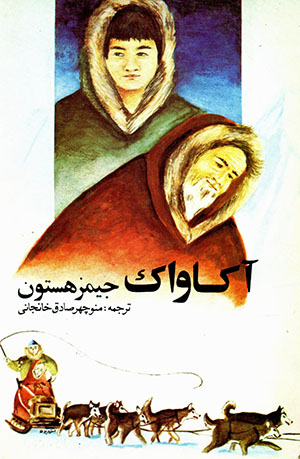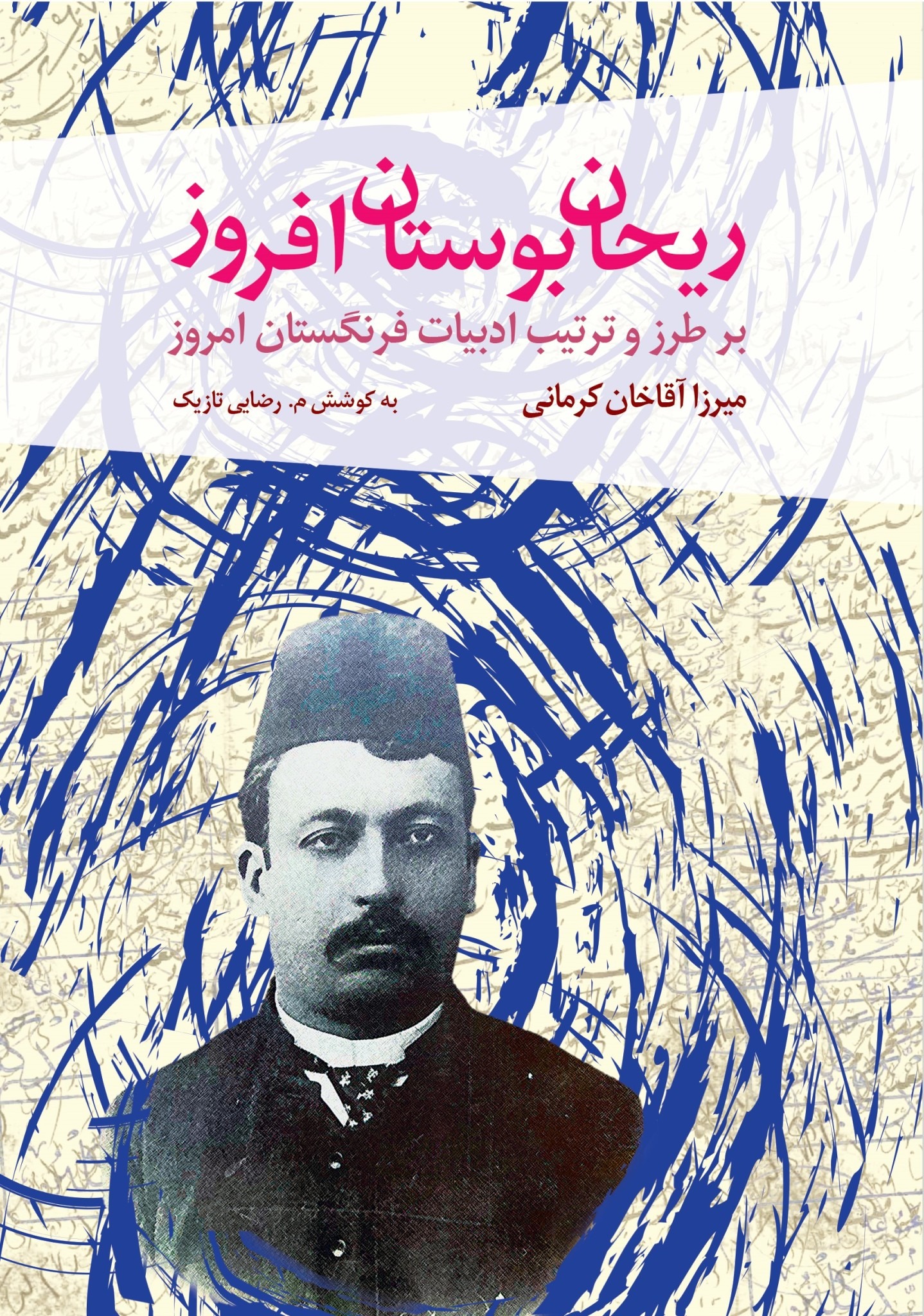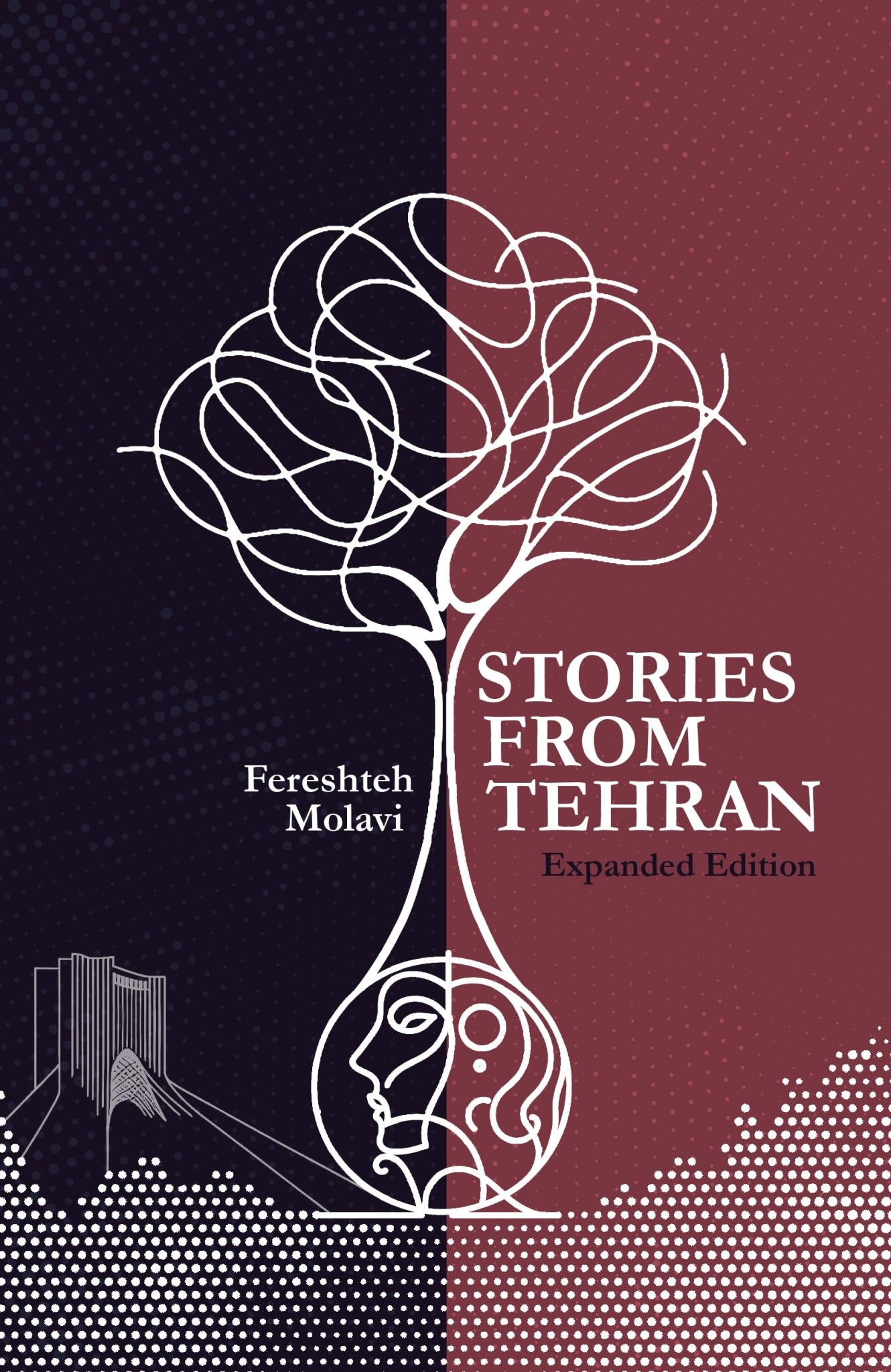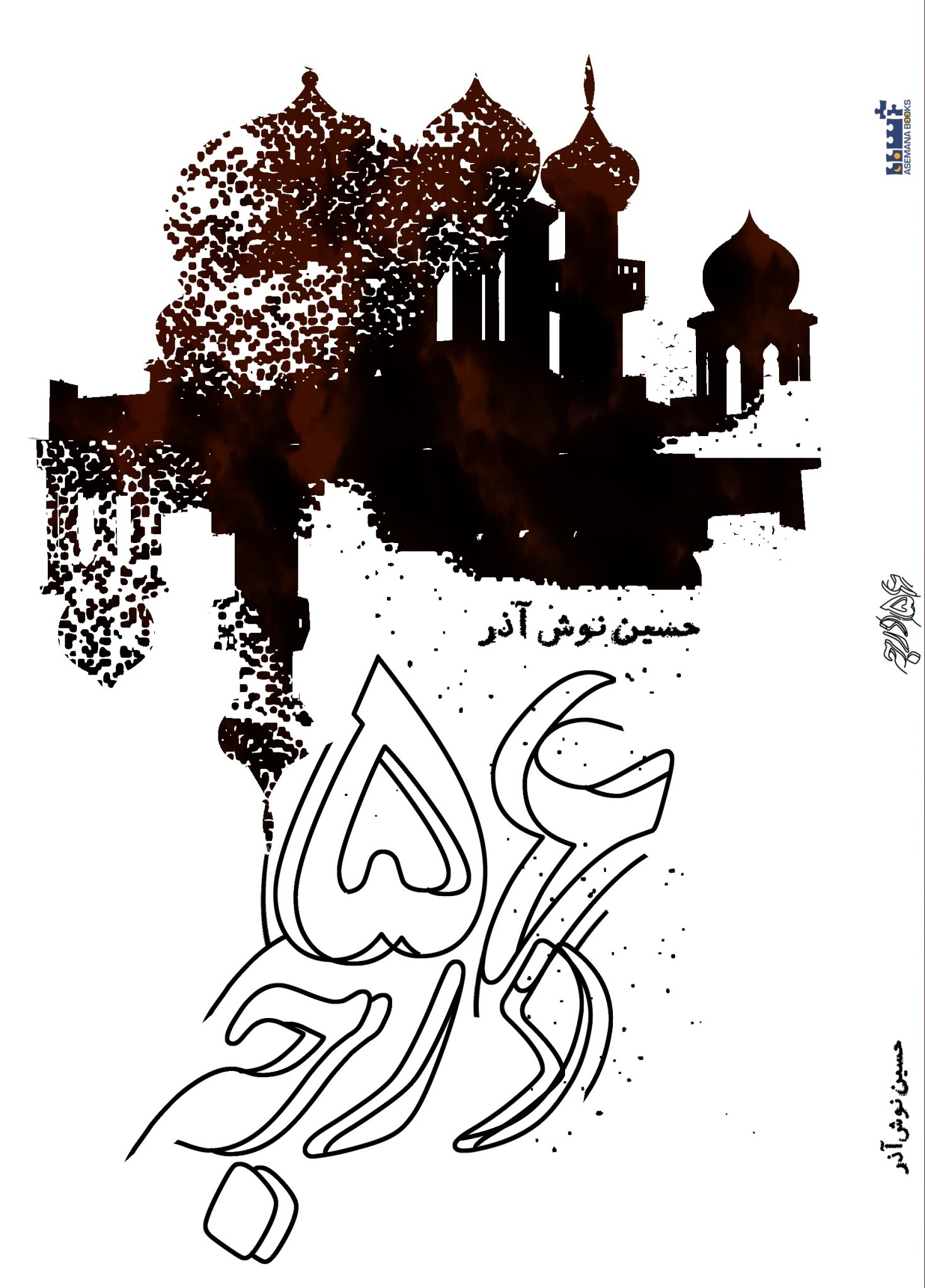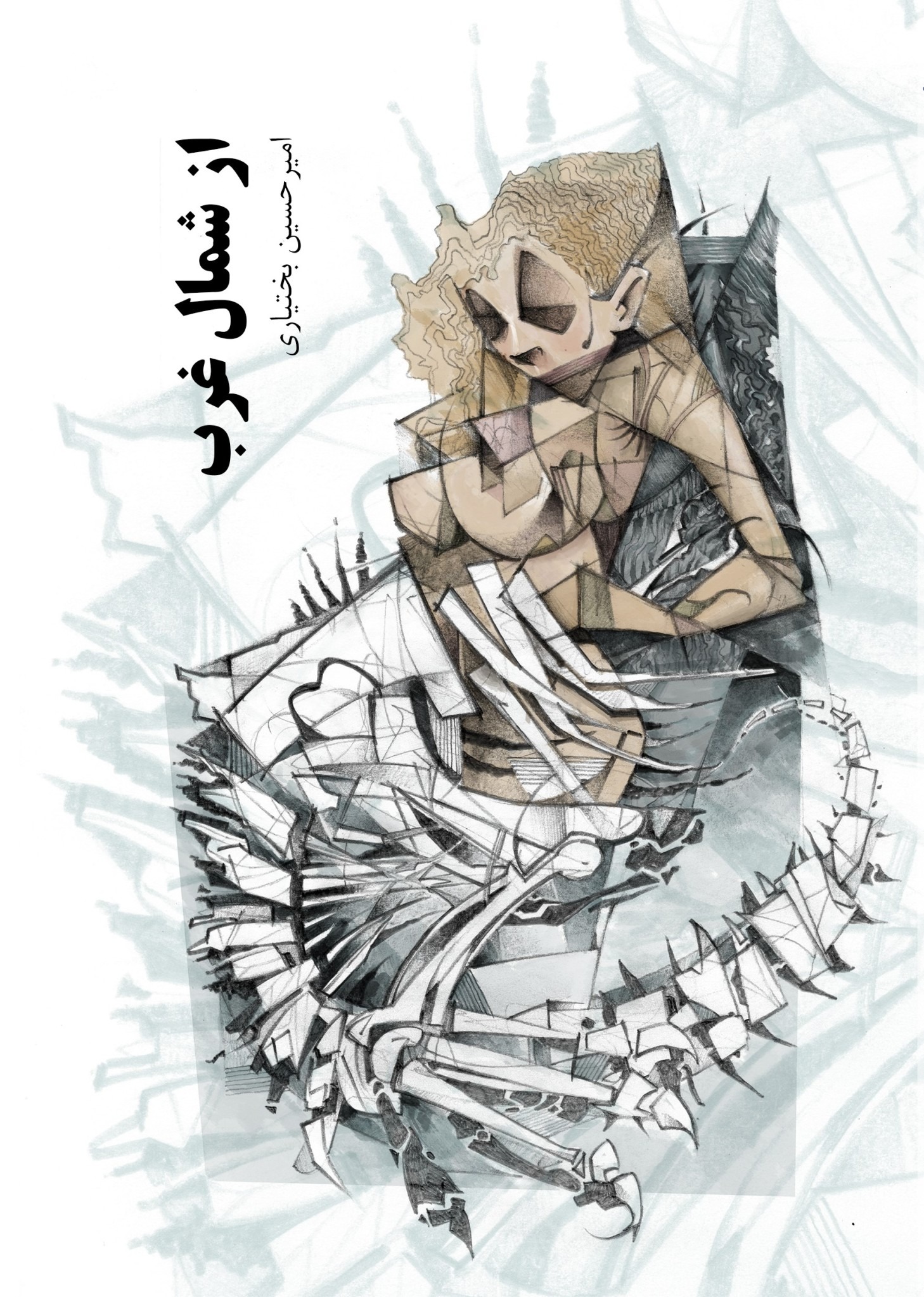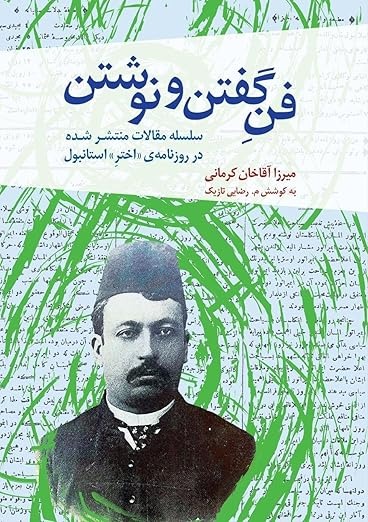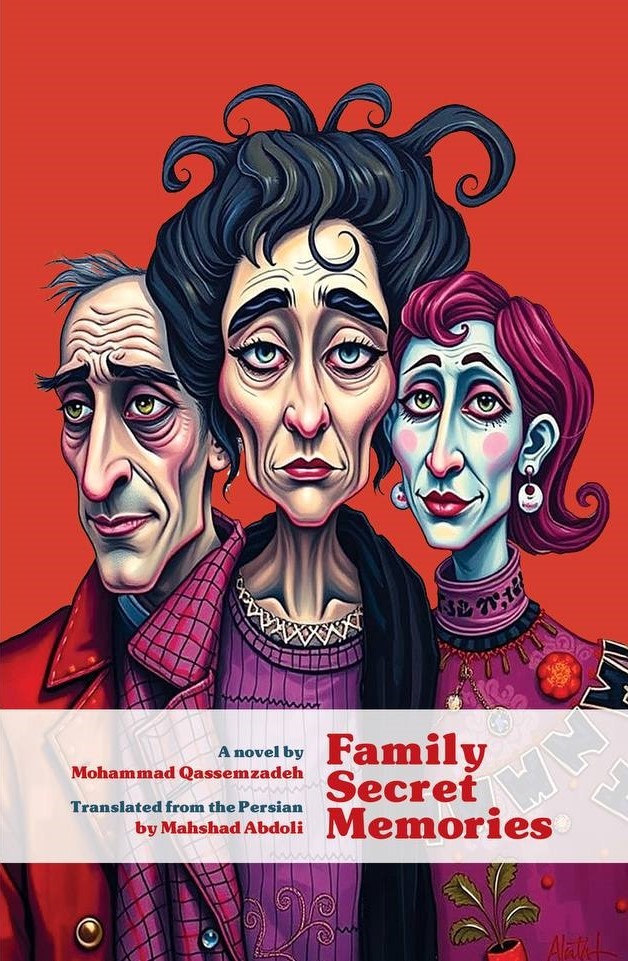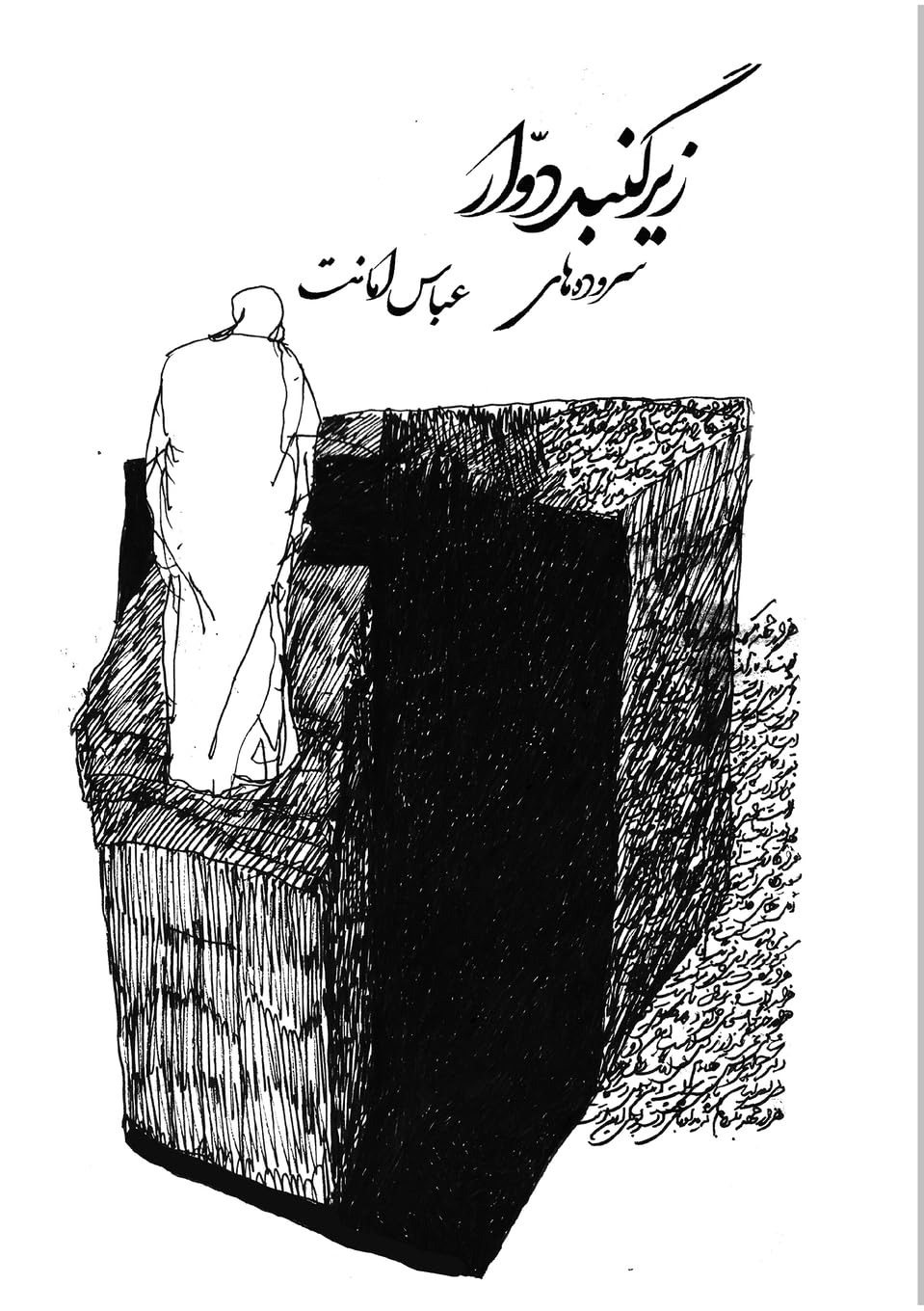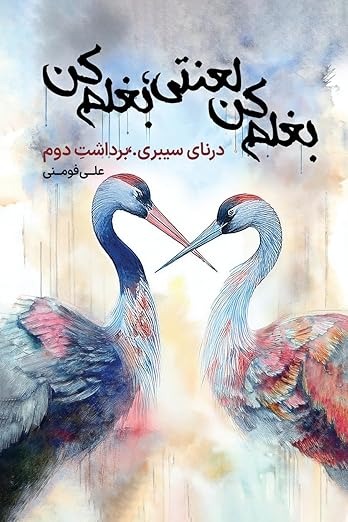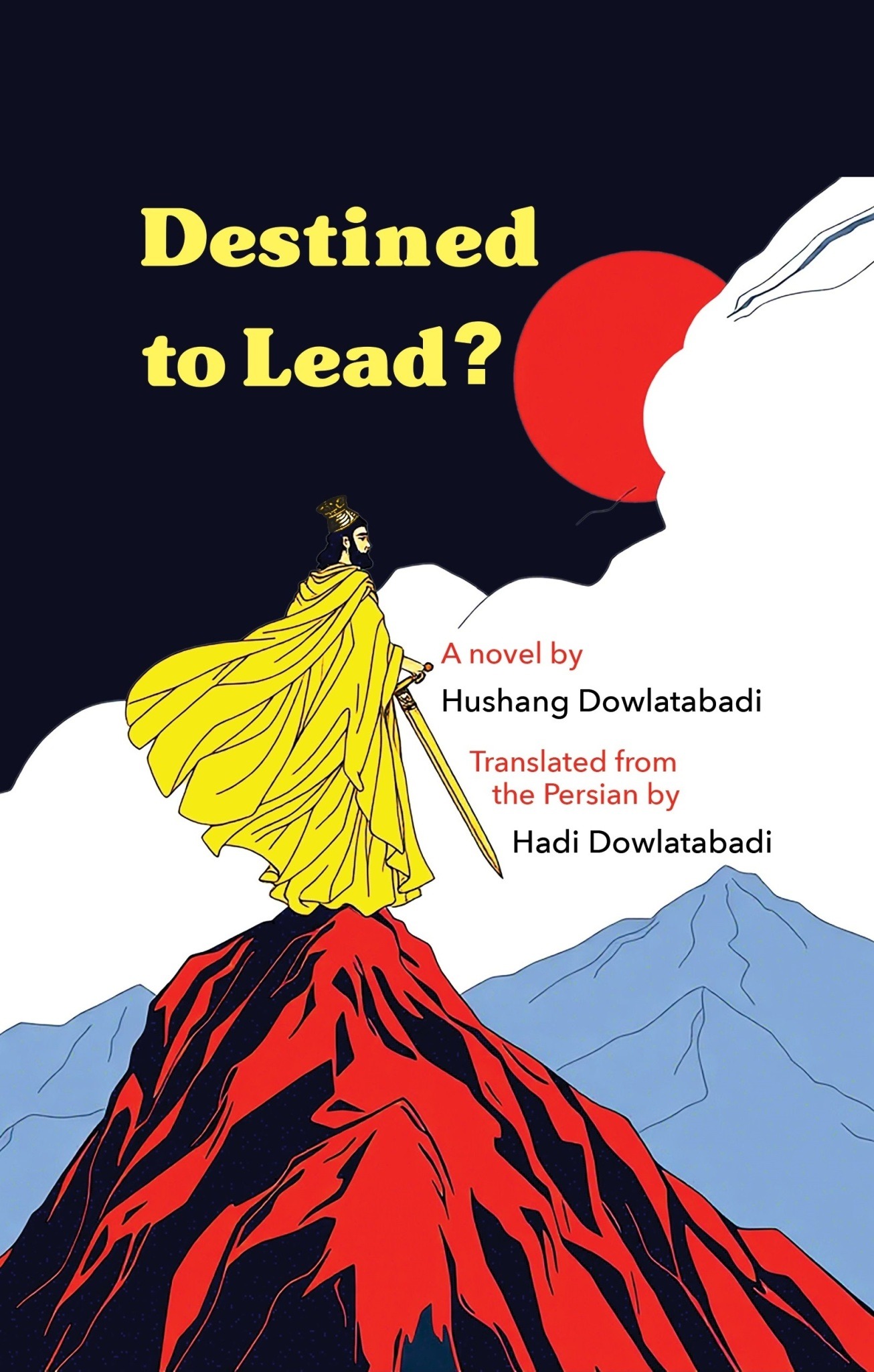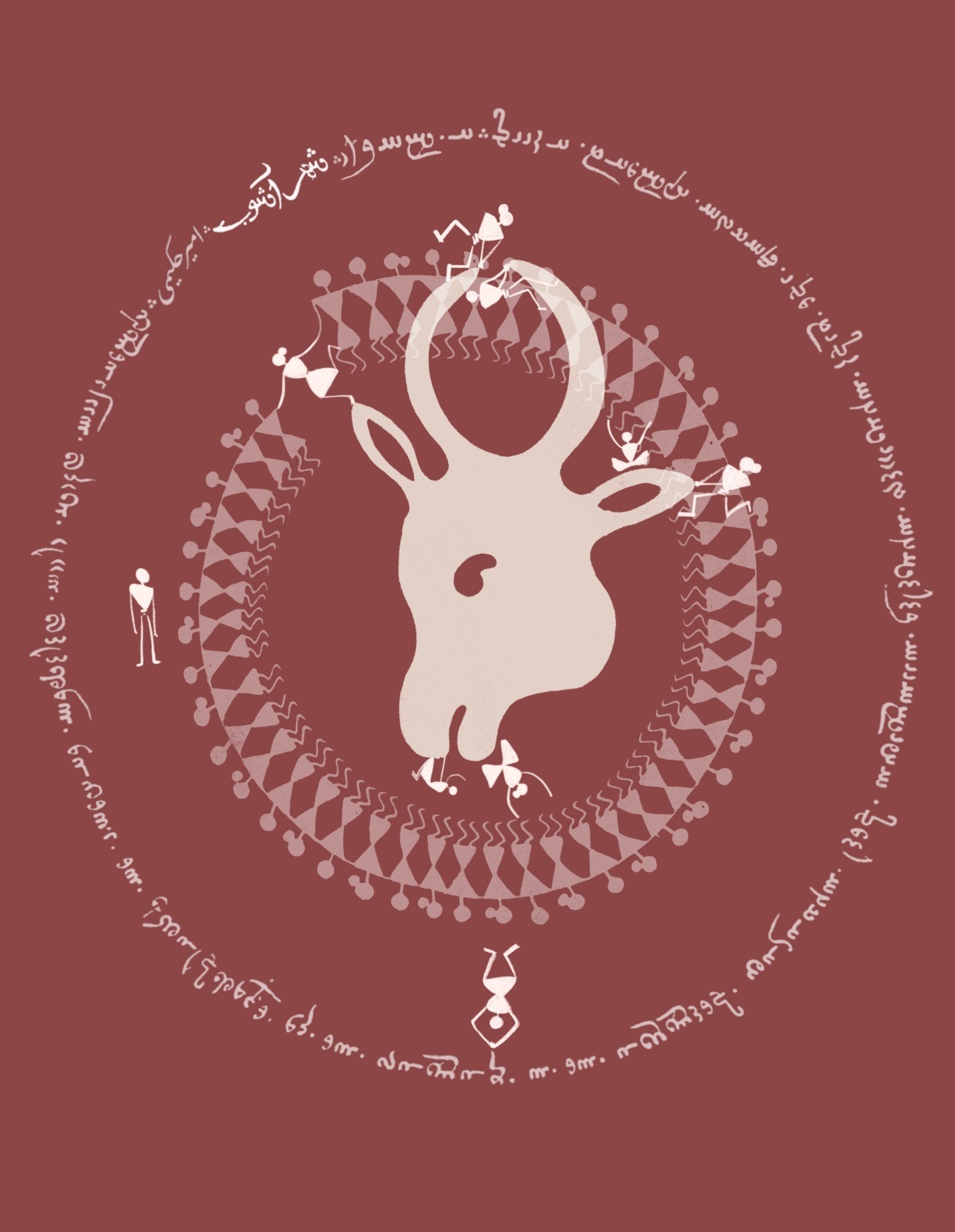Julū-yi Khānah-yi Mā Yikī Murdah Būd: Persiska (Farsi) 2024
جلوی خانه ما یکی مرده بود
14,95 £
Dela
Wishlist
Originaltitel:
جلوی خانه ما یکی مرده بود
ISBN:
9781738285594
Förlag:
Asemana Books
Åldersgrupp:
Vuxen
Sidor:
298
Vikt:
364 g
Produktmått:
14 x 21 x 2
,
7 cm
Bokomslag:
Pocketbok
A collection of short stories by Akbar Fallahzadeh. The author's note on the book: The stories in this collection were written at different times, but they all reflect the realities of our era: an era of pain and displacement. The earlier stories in this collection come from a time when we, along with fellow theater and storytelling enthusiasts (in the early 1980s), would write and read plays and stories together. We were all alike: young, passionate about reading and writing, poor and thin, yet hopeful, with eyes gleaming, searching for freedom and justice, clad in oversized, pocket-filled coats that held all our possessions. In the wide underarm pockets, we carried our own or our friends' stories and plays, passing them hand to hand, since censorship wouldn't allow them to be printed. On one side, there was the Iran-Iraq war, and everywhere else, there were street patrol jeeps. In the midst of this, we would nervously read, write, smoke, smoke, smoke, and cough. When we got hungry, we'd share a sandwich. No one would give us work. To get a job, you needed approval from the local committee or mosque, and if we showed up around those places, we'd end up getting arrested. Each of us, in our own way, had said "no" to the authorities, and we were paying the heavy price of that "no" in our daily lives. From the Cultural Revolution (May 1980) to the bitter poison of the ceasefire and the massacre of political prisoners (summer 1988), these were the hardest and most painful years of our lives-perhaps for all generations throughout Iranian history. We, mostly 20- to 25-year-olds, were suddenly crushed and aged fifty years. We grew old without ever having experienced youth. Back then, reading and writing were suspicious activities. We engaged in this "suspicious" act with fear and trembling. We critiqued stories hastily, often standing up, and sometimes even fought over them. Several stories in this collection are from or influenced by that time. Other stories, written years later in exile, still carry the mood of those years, with their pain and fears. Fear, pain, and insecurity have deeply rooted themselves in us, and they cannot be removed. This collection, however, is not devoid of other subjects, including daily life in exile and the virtual world. The virtual life has long since become part of our existence. A few of the stories explore the interaction between traditional life and the virtual world. Akbar Fallahzadeh earned his bachelor's degree in Dramatic Literature from the Faculty of Dramatic Arts in Tehran and received his PhD in Modern German Literature and Media Studies from the University of Marburg, Germany. His first book was a translation of the play Easter by August Strindberg, which was banned in the mid-1980s due to its anti-war and peace-promoting preface. He has been a writer for Radio Zamaneh for many years and has also translated The Death Penalty: History, Origins, and Victims by the German author Karl Bruno Leder.
more
داستانهای این مجموعه در زمانهای مختلف نوشته شدهاند، اما همهشان داستانهای زمانه ما هستند: زمانه درد و دربدری.
داستانهای نخست این مجموعه مال وقتی است که با بچههای نمایش و داستانویسی آن زمان (اوایل دهه شصت) داستان و نمایش مینوشتیم و میخواندیم.
ما همه شبیه هم بودیم: جوان، عاشق خواندن و نوشتن، تنگدست و لاغر، اما امیدوار، با چشمهایی که دودو میزد دنبال آزادی و عدالت، ملبس به یک اورکت گل و گشاد و پر جیب که تمام بضاعتمان بود. داستانها و نمایشنامههای خودمان یا دوستانمان در جیبهای گشاد زیر بغلش بود که دست به دست میکردیم. سانسور اجازه چاپ نمیداد.
یکسو جنگ بود و همه سو جیپهای گشتوگیر خیابانی. در این میانه ما با ترسولرز میخواندیم و مینوشتیم و سیگار میکشیدیم، سیگار میکشیدیم، سیگار میکشیدیم و سرفه میکردیم. گرسنه هم که میشدیم یک ساندویچ میگرفتنم شریکی میخوردیم. کسی به ما کار نمیداد. برای کار باید از کمیته یا مسجد محل تاییدیه میگرفتیم که اگر آنطرفها آفتابی میشدیم خودمان را میگرفتند. ما هر کدام به شیوه خودمان به زمان و زمانه نه گفته بودیم و در زندگی روزمره غرامت سنگین آن نه را میپرداختیم.
از انقلاب فرهنگی (اردیبهشت ۱۳۵۹) تا نوشیدن جام زهر آتشبس و کشتار زندانیان سیاسی (تابستان ۱۳۶۷) دشوارترین و دردناکترین سالهای زندگی نسل ما و شاید تمام نسلها در تمام تاریخ ایران بود و ما را که غالبا جوانانی ۲۰ تا ۲۵ ساله بودیم یکباره مچاله و پنجاه ساله کرد. ما جوانی نکرده، پیر شدیم.
آن زمانها خواندن و نوشتن مشکوک بود. ما با ترس و لرز به این کار “مشکوک” مبادرت میکردیم. داستانها را سرپایی و هول هولکی نقد میکردیم و گاهی هم بر سرشان دعوا میکردیم.
چند داستان از داستانهای این مجموعه مربوط به این زمان یا متأثر از آن است.
داستانهای دیگری از این مجموعه که سالها بعد در مهاجرت نوشته شدهاند باز همچنان کموبیش حال و هوای آن سالها و آن دردها و ترسها را دارند. ترس و درد و ناامنی در جان ما عمیقا ریشه دواندهاند و کنده نمیشوند.
این مجموعه اما از موضوعات دیگر از جمله زندگی روزمره در مهاجرت و دنیای مجازی خالی نیست. زندگی مجازی سالهاست که بخشی از زندگی ما شده است. چند تا از داستانها چگونگیِ برخوردِ زندگیِ سنتی با دنیای مجازی را دستمایه قرار دادهاند.
دو داستان هم به تناقضات و آشفتگیهای زندگی در مهاجرت پرداختهاند.
چند داستان دیگر این مجموعه هم داستان زندگی حاشیهنشینان زندگی است که تقلا میکنند زیر دستوپای یک جامعه فاسدِ اختلاسزده له نشوند و شرافتمندانه زندگی کنند.
more

